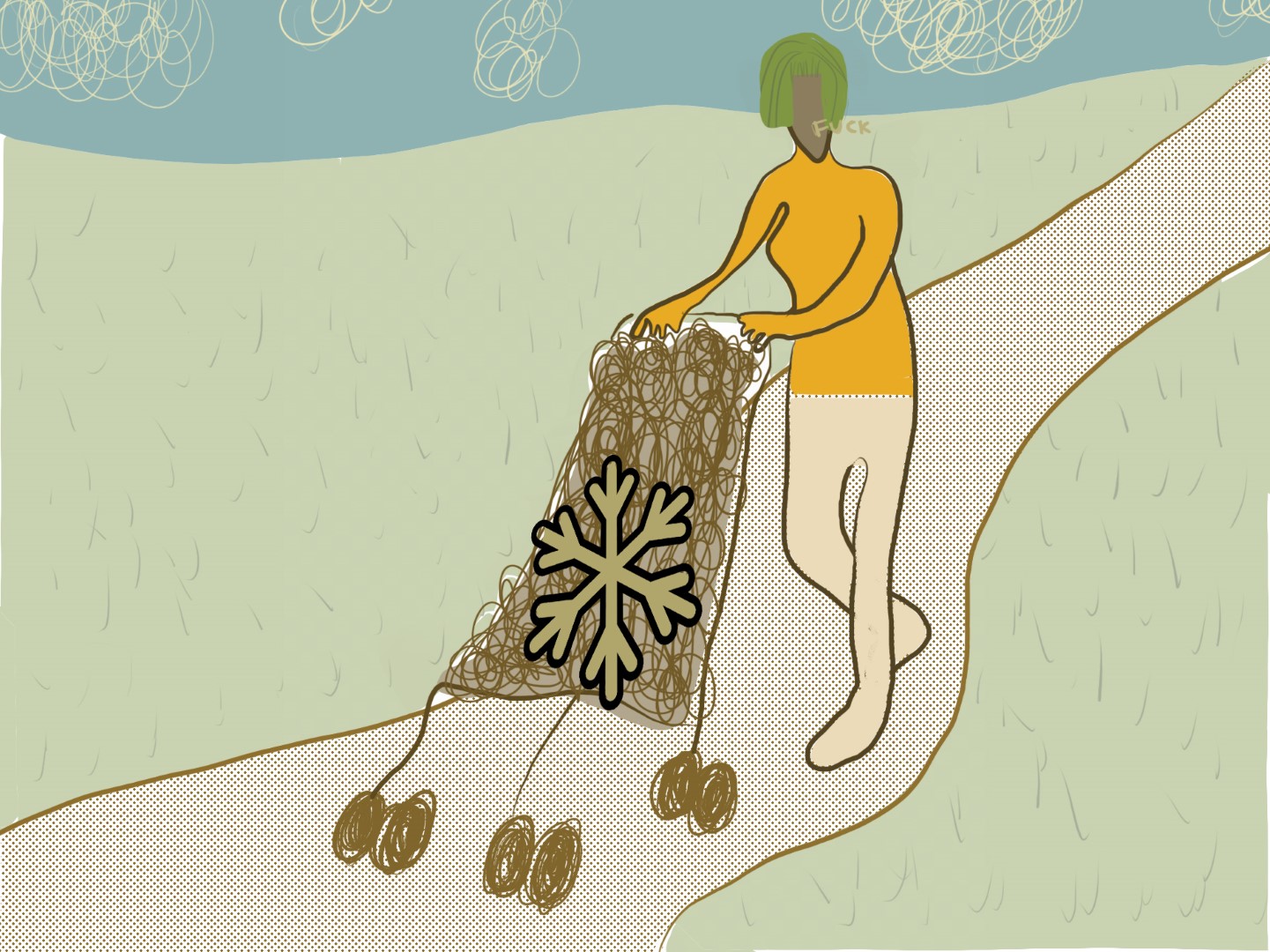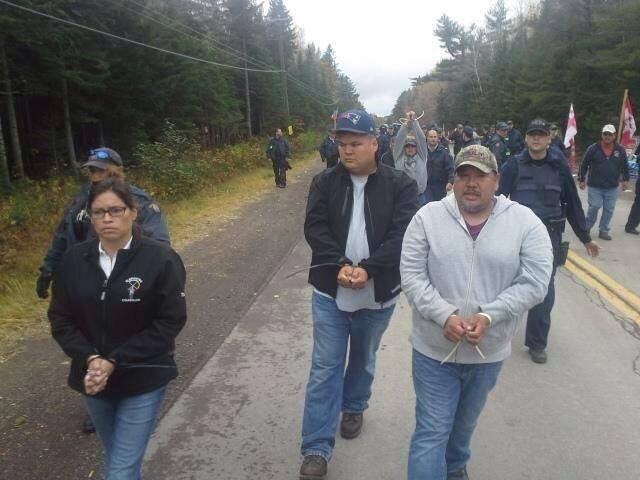
A quick analysis on our generation’s child rearing skills
By CJ Sommerfeld, Staff Writer
Disconnected mass connection has brought awareness to political correctness, the toxic by-product of stereotypes, as well as shed light on outdated social norms
What will the millennial parent be like? Well, Gen X ended and Gen Y—aka millennials, began forty years ago, so, there are already a handful of millennial parents out there despite the generation being notorious for not having children. Therefore, we have seen (to a degree) what these parents look like, but what will future millennial parents be like?
As a quick reminder, the term millennial refers to those born between 1981 and 1996. These echo-boomers have a distinct reputation: they are known as the loneliest, highest educated, most entitled, in-debt, and selfish generation. Being a mid-millennial myself, I am writing from their perspective. Presently, I do not have children (although who knows what is going to happen in the future). The consensus I have received from peers when asking for their take on parenthood is that they would rather be DINKs (Dual Income, No Kids) with their partners, as per this generation’s stereotype.
When recalling the media-frenzied Great Recession that occurred when many millennials were entering the workforce, this DINK take on child-rearing becomes understandable. Normally, ending teen years and entering adulthood is already tricky when regarding financial self-sustenance. However, mid-late 2000s news never left out an opportunity to remind their viewers that stocks were crashing and the unemployment rates were skyrocketing. During this time, I had no idea what a stock was, nor did I have any first-hand experience with unemployment, but the media sure did succeed in scaring me into grasping any employment opportunity available—just in case.
Millennials transitioned into the social media firestorm during this ripe age of late-teen hood or early adulthood. Prior to social media, as well as during its first years, everyone was largely in the dark to what was happening in the world. We received much social and political information from biased news sources, as fed by a particular social stratum that was in no way encompassing of the people. Previously, the closest thing to the mass media was music and literature. This new mass media, which comes hand-in-hand with social media, is a sort of a by-the-people-for-the-people platform where anyone can share anything. While it has its downfalls, it has also provided great social headway.
This disconnected mass connection has brought awareness to political correctness, the toxic by-product of stereotypes, as well as shed light on outdated social norms that are not so okay. All that before 2020, the year many social justice movements became more prevalent.
These components of a millennial’s
economic and social lives will likely have an impact on their parenting (or
non-parenting):
1. Always have a side-hustle. If you work for yourself, no one can fire you. And, if you get fired from your main job, you still have your side-hustle that may well turn into your main hustle.
2. Screw the nine-to-five. Many of us have seen our parents do it; they work in between designated hours, leaving little physical and mental energy—not to mention time to partake in the things they enjoy. I believe time off of work should not be appointed to running errands, this is an outdated view of financial sustenance. This may come into play more so when your side hustle becomes your main hustle.
3. I am a fan of this recently introduced renting and sharing economy. Please continue it for generations to come.
4. Get a degree, but do not really get a degree. While most companies hold education in high regard, we have access to more information now than ever (and this is only going to increase in the upcoming years), so you can teach yourself a lot. School used to be good for social networking, but in recent years in-person socializations have decreased; break time is now time to duck one’s nose into their phone. It is now probably more advantageous to social network via social media—which brings me to my next point:
5. Political correctness. I am sure that I am not the only one with politically incorrect parents, aunts, and uncles, and the lord knows that it was not them who taught me these leftist ideals.
6. But do not be a snowflake, just because you are politically correct, do not get offended when others are not.
7. It is not okay to be a “Karen.” Society should have hounded these people decades ago. Finally there has been social recognition that acting like this is not okay.
8. Understand polarization and do not be too stuck in your opinions; know that there is always another side to the coin.


